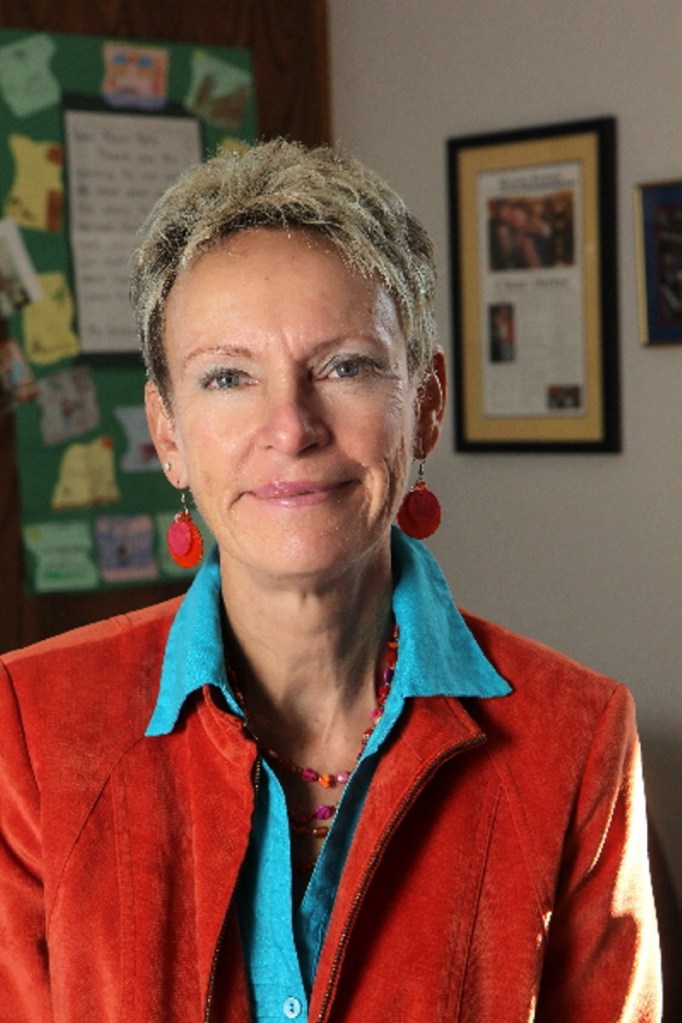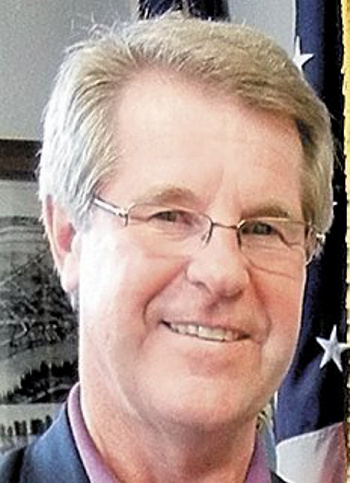WATERVILLE — As the city awaits word from Mayor Nick Isgro about whether he will veto the $41.9 million municipal and school budget for 2018-19 that was unanimously approved by the City Council, former mayors and city officials weighed in on what is and is not part of the mayor’s job after Isgro said cutting the budget was not part of his job.
The mayor has said he would veto any budget that represents more than a 3 percent tax increase. The budget city councilors approved Tuesday represents an 8.3 percent tax increase.
Asked at Tuesday’s council meeting how he would cut $900,000 to get the budget to 3 percent, Isgro replied that that is not his job.
The city charter describes the mayor’s powers and duties. The mayor receives an operating and capital budget for the next fiscal year from the city manager at least 16 weeks prior to the start of the next fiscal year, and “he shall review, but not revise said budget, prepare a budget message and submit the budget and message to the City Council for its consideration and approval at least 12 weeks prior to the start of said fiscal year.”
When pressed about what he would cut, however, Isgro said Tuesday he would start by not increasing by 6 percent the pay for employees of the largest union in Waterville.
He did not state what union he was talking about, but it appeared he was citing the teachers union, which supported an effort to recall him in last week’s election. The union negotiated with the schools pay raises for teachers over three years at 4 percent per year. The schools are now in the second year of that 3-year contract. Last year, to help keep the budget down, the Waterville Board of Education decided to give teachers a 2 percent raise, which the union agreed to contingent upon adding the 2 percent cut onto this year’s increase, making it 6 percent.
Even so, teacher salaries in Waterville are less than what they are in surrounding communities.
Increases in insurance and salaries that are negotiated through collective bargaining are included in the budget the council approved Tuesday. The city also took in less money this year than last.
Isgro blames the council and the city manager for the budget increase, but former eight-year Rep. Marilyn Canavan said at Tuesday’s meeting that the state revenue sharing the city is owed is the problem. It has decreased considerably since the Great Recession, and the city has lost $1.4 million in revenue sharing annually over the last 10 years.
Meanwhile, those who have worked on Waterville budgets in past years say a mayor should cite specifics when asked what ought to be cut from a proposed budget even though that task is not spelled out in the city charter.
City Manager Michael Roy said the mayors he has worked with have been very involved in the budget process.
“As far as him not giving specifics for the 3 percent, I’m not going to comment on that at this time,” Roy said Wednesday morning, when the city had not received a written veto yet from the mayor. “We haven’t seen anything in writing. In fact, when he puts something in writing, he may be more specific.”
Roy said Isgro had not spoken to him about what should be cut.
Isgro said at Tuesday’s meeting that the city needs to change the way it develops budgets. The City Council, he contends, should tell city officials before the budget process begins what budget amount the city can live with for the fiscal year and tell them not to come to the council with a budget that is more than that number.
Roy said some cities and towns do budgets that way, but he does not think it would be appropriate for Waterville.
“He suggests that the City Council say at the beginning of the budget process what they can live with for a maximum increase,” Roy said of Isgro. “I think it’s better to reach that conclusion about what the increase should be through a five-month process of reviewing everything. There are towns and cities that say at the beginning of the process, ‘We have this goal and this is all we’re going to fund.’ It could work here. It’s just that you’d start out, in our case, having to say at the beginning, ‘Here are the programs and services that the city is no longer going to do, or departments the city is no longer going to fund.’ It depends on what the goal is.
“I think most towns and cities do that decision-making throughout the entire budget process, which, I think, is the most reasonable way to go.”
Council Chairman Steve Soule, D-Ward 1, emailed a response to the question about whether the mayor should say how a budget should be cut:
“The city council, city manager and mayor work together to present a budget,” Soule said. “If any of those players feel it is not the best solution, they are expected to offer a solution with specific ideas. It is too easy to simply say I want a certain percentage of increase without a plan. For future years, perhaps the mayor and city manager should sit in on school negotiations. Most of society agrees that teachers are in the underpaid category.”
Former Mayor Dana Sennett said Wednesday that it’s the mayor’s “job in suggesting where there might be some recommended cuts to reach a budget goal. I don’t understand why he hasn’t given any specifics. When I was the mayor, we had open discussions with the city assessor and finance director. The finance director is a very valuable resource to go to to talk about what things could be potentially cut back or eliminated to reduce the tax burden.”
Asked if he would have cited specifics of what should be cut if asked before a final budget vote, Sennett said, “Yes. I had a little check list of things.”
Sennett pointed to Canavan’s talk before the council Tuesday night as a big reason municipalities are having a hard time financially.
“Marilyn Canavan hit the nail on the head,” he said. “The governor from day one has said when he leaves office we’ll have more money in the coffers. That’s because, Paul, you’ve jilted the rest of the state out of well-deserved money that you already owe us — the revenue sharing. Look how he fought for it when he was mayor.”
Former Mayor Karen Heck, who supported the recall of Isgro, said Wednesday that she also would have cited what she thought could be cut in the budget if asked. She defended the city councilors, saying they are elected by the people in their wards to do a job and the mayor is elected as an at-large representative.
“He represents people in all wards of the city,” Heck said. “If seven people — and last night it was six — vote ‘Yes, this is what we want to do for people in our wards,’ what rationale does Nick have to say, ‘No, I know better what people in those wards want’?”
Heck said that when Isgro vetoed a council resolution to form a housing study committee in March, he was not representing what people want.
“That, to me, he’s taking his cue from the governor and the president, who, when they don’t get what they want, throw a fit,” she said. “They aren’t part of a team. They think it’s my way or the highway, and if they don’t get it, they take their ball and go home. That, to me, is not what we elect people for.”
Heck said she was not elected to evade questions from a resident about what could be cut in a budget.
“I participated in those budget discussions as did, I think, Nick, on the first couple of budgets. All of those meetings are open. We are sitting there, councilors and the mayor, city manager, and departments. It’s a discussion. It’s like, what else can we do? Here’s what the issues are.”
Heck emphasized that the mayor represents all Waterville residents.
“Are these people he’s representing not being represented by the councilors?” she asked. “Who is it he’s representing? Those councilors are representing people in every ward of the city. They came to a unanimous budget agreement.”
Amy Calder — 861-9247
Twitter: @AmyCalder17
Send questions/comments to the editors.







Comments are no longer available on this story